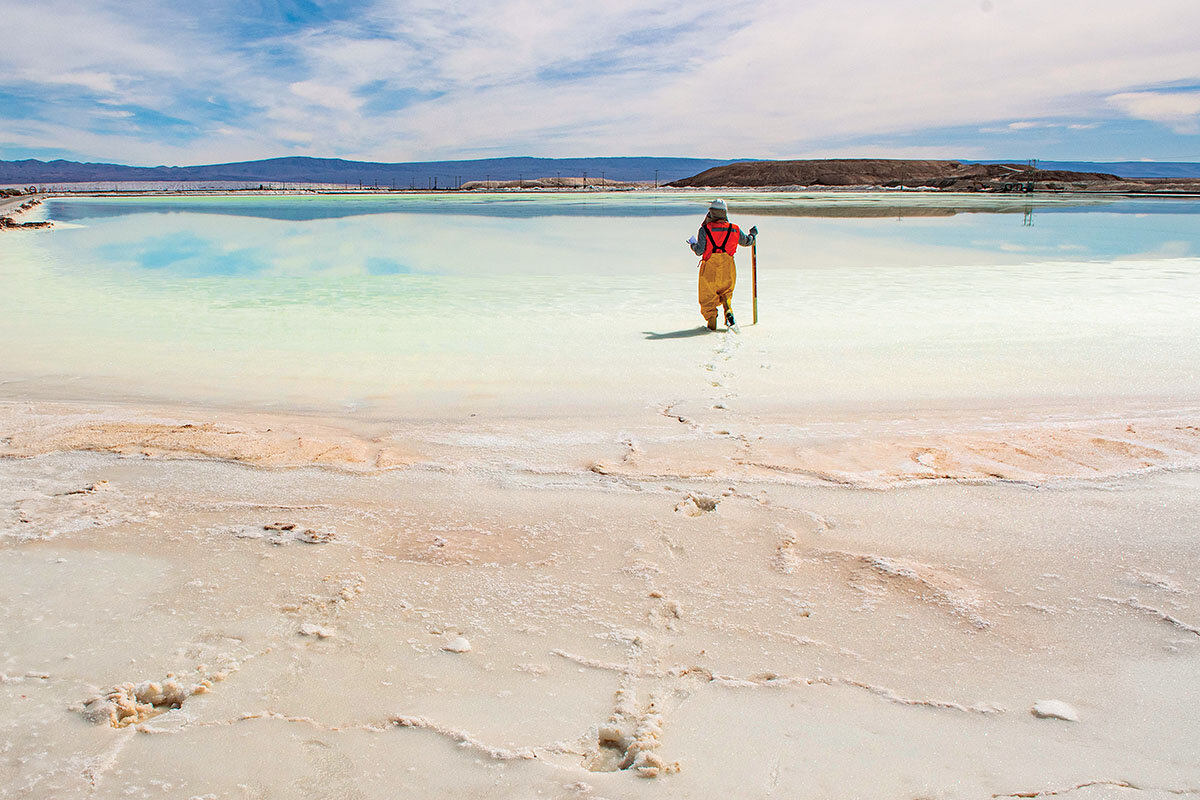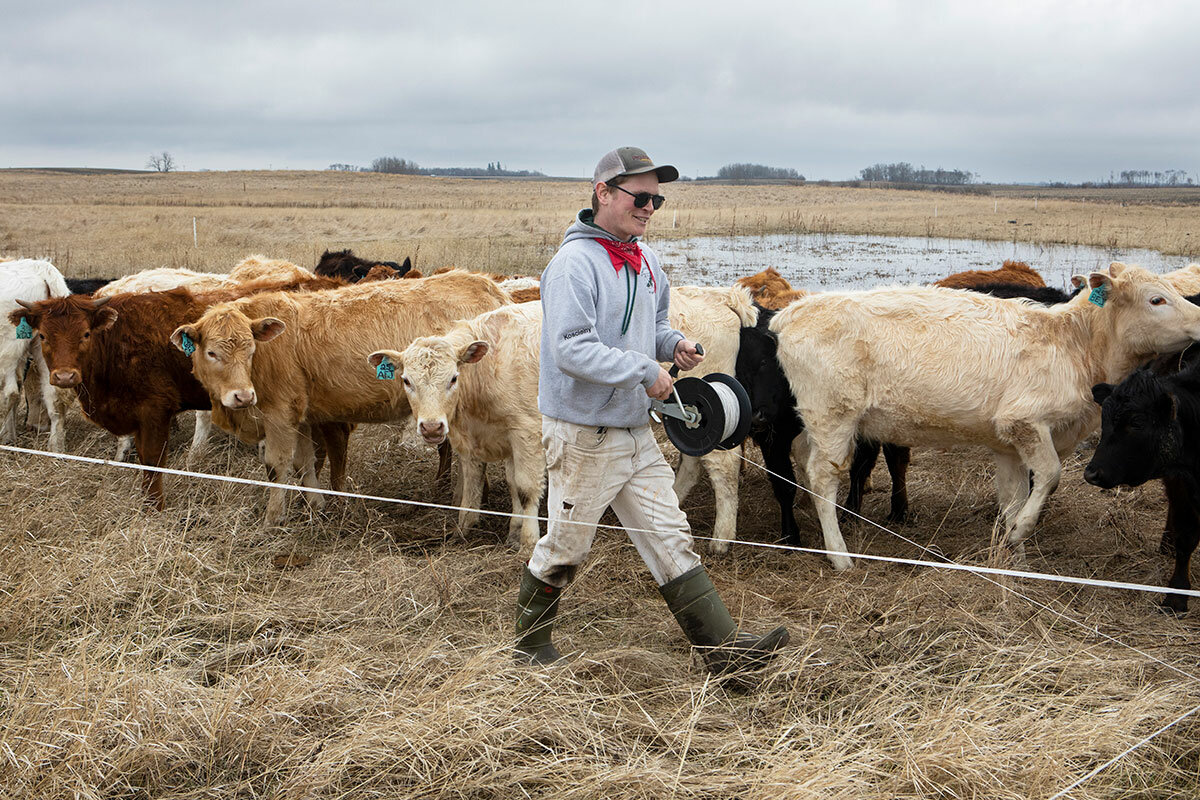As China moves aggressively into the United States’ backyard – Latin America – the U.S. presence there is diminishing, shifting the geopolitics of the region.
Monitor Daily Podcast
- Follow us:
- Apple Podcasts
- Spotify
- RSS Feed
- Download
 Linda Feldmann
Linda Feldmann
I always learn something when I go to the White House. This week, I discovered BTS. OK, stop laughing. BTS, I now know, is a K-pop supergroup – seven South Korean lads who have sung and danced their way into billions of hearts. Their success – and fan devotion – rivals that of the Beatles.
The White House knows this, and invited BTS to appear at the daily briefing Tuesday and meet with President Joe Biden. The purpose: to highlight Asian inclusion and speak out against anti-Asian hate.
One by one, band members took the podium and spoke, mostly through an interpreter. “We hope today is one step forward to respecting and understanding each and every one as a valuable person,” said V.
The briefing room was packed, the aisles jammed with South Korean and Japanese reporters. Hundreds of thousands watched on livestream. Outside the White House gates, legions of fans chanted “BTS!,” hoping for a glimpse.
Sadly, the BTS-Biden summit was closed to press. But the White House got what it wanted – to break through with a message, amid growing frustrations over media strategy. Bringing in pop stars has been a gateway to headlines. Two weeks ago, Selena Gomez came to promote youth mental health. Last year, Olivia Rodrigo was here talking up COVID-19 vaccination.
With BTS, Fox News’ Tucker Carlson proved to be a force multiplier. He complained that President Biden had brought in “a Korean pop group to discuss anti-Asian hate crimes in the United States,” and ignited a furor among the “BTS ARMY,” as their global fan base is known.
My only regret is that BTS didn’t sing and dance for us in the briefing room. But anyone who wants to see the magic can watch this dynamite YouTube video – nearly 1.5 billion views and counting.









